The associate professor of physics and astronomy is one of the authors of a new book, 30-Second Universe, that breaks down the 50 most significant theories, principles, and people in astrophysics for a general audience.
-
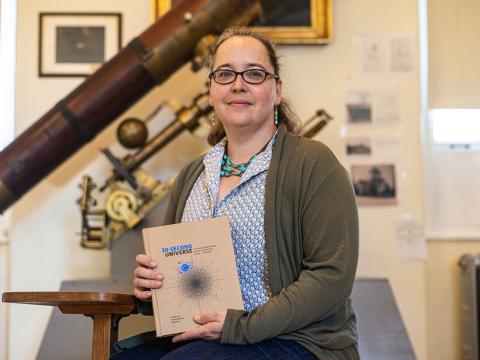
-
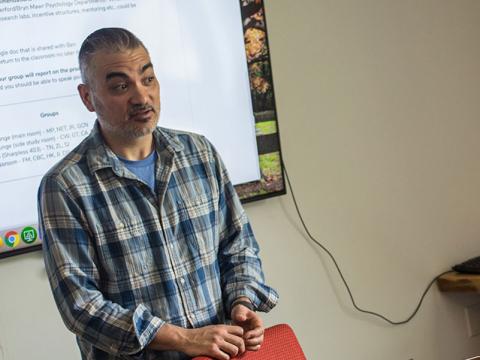
The movement, which endorses accessibility, inclusion, and a healthy dose of skepticism, is being taught in a course by Psychology Professor Benjamin Le that is one of the nation's only undergraduate courses of its kind.
-

This environmental studies course explores the fundamentals of plant biology, physiology, development, and evolution through the lens of agriculturally important plants: everything humans eat, grow, wear, and use.
-

The Cantor Fitzgerald Gallery exhibit interrogates the concept of “future” through modern art.
-
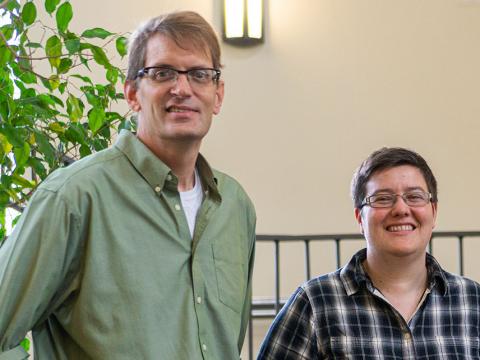
The interdisciplinary faculty behind the “Dark Reactions Project” and eight of their students co-authored an article identifying previously unacknowledged human biases in chemical reaction data that impedes exploratory inorganic synthesis.
-

Highlighting faculty professional activities, including conferences, exhibitions, performances, awards, and publications.
-
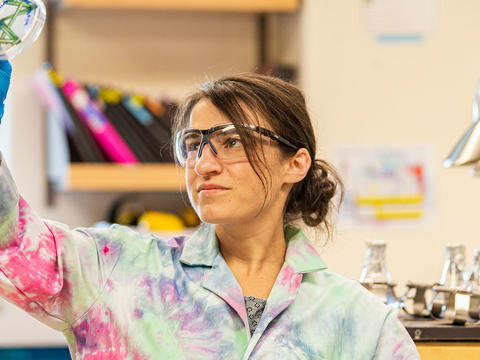
The associate professor of chemistry is the sixth recent member of her department to receive the award, which recognizes young faculty at primarily undergraduate institutions who are both accomplished researchers and outstanding educators.
-

At Project TIER’s fifth annual Fellows Conference, founders Richard Ball and Norm Medeiros remain dedicated to their mission of promoting transparent and accessible empirical research methods.
-
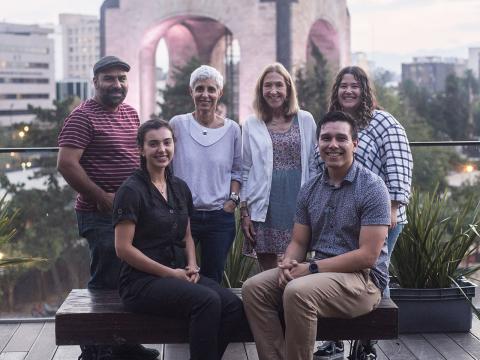
Led by professors Anne Preston and Anita Isaacs, a team of Haverford students is working to combat misinformation about immigration and immigrants by collecting and sharing personal stories from migrants in Mexico about their immigration and deportation experiences.
-
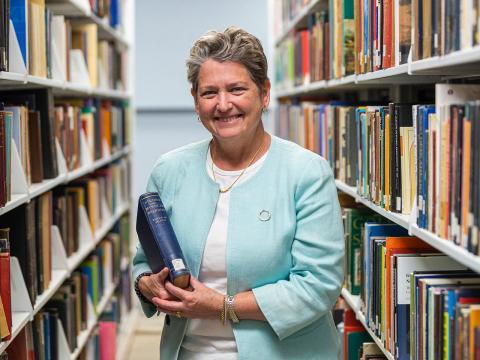
Haverford is committed to making important texts accessible to all, and recently made “Studies in Mystical Religion” by famed Quaker educator and philosopher Rufus M. Jones available to the HathiTrust, a digital library offering millions of titles.
-
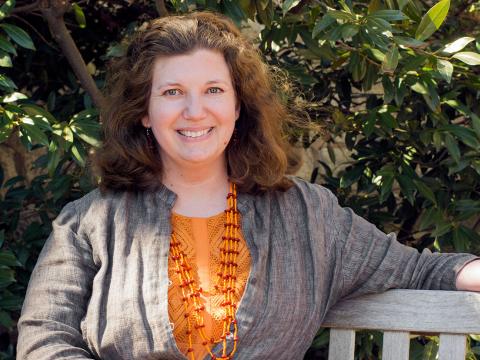
The associate professor of linguistics will use these funds to continue her ongoing work preserving the endangered inidigenous Zapotec language.
-

Highlighting faculty professional activities, including conferences, exhibitions, performances, awards, and publications.
-
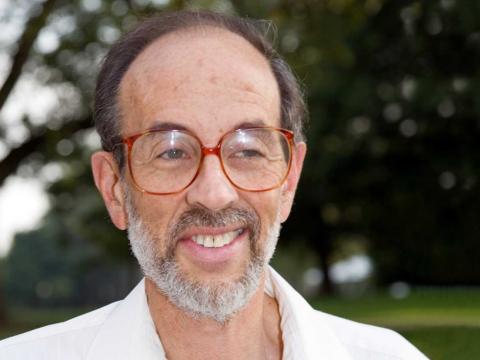
The Professor Emeritus of Physics and the former John and Barbara Bush Professor of Natural Sciences died on June 8. He was 74.
-

The chemistry major’s senior thesis research, conducted with chemistry faculty members Lou Charkoudian’03 and Casey Londergan, was recently published in Nature Communications.
-
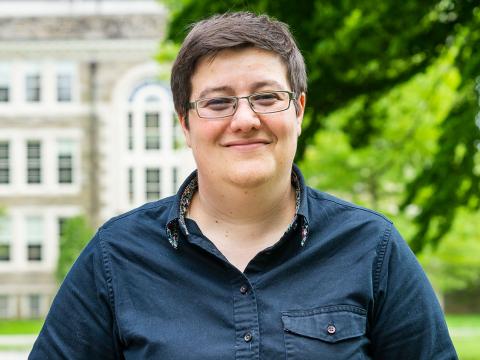
Assistant Professor of Computer Science Sorelle Friedler discusses how she and her collaborators will use a recent award from Mozilla to expand pedagogical efforts to emphasize the importance of ethics in computer science.